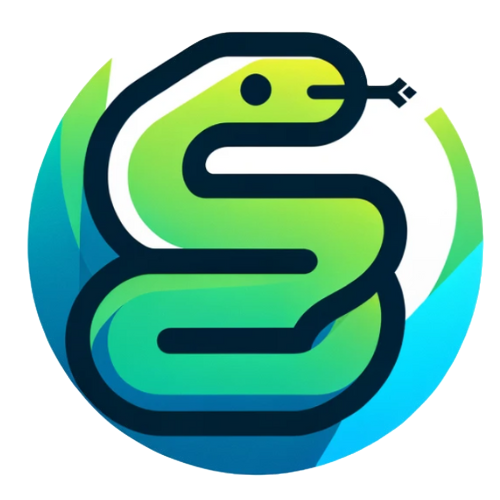Resources to get you started.
Clear the first step of your Python learning process in no time.

Diving into Python and not sure where to start? I've been there. There's a ton of stuff out there. Here are (in my opinion) some solid, free resources to help you out. All those are free and as a rule of thumb you should never have to pay. You can if you want ofc but everything is available for free online.
→ You might not need everything.
I will get started by saying that, as you might have read in my | The 3 Steps of learning Python 🐍 you can always go back and forth between the basics and more advanced topics. So if you feel the urge to get started on a project, go for it!
And of course, you can skip the first section if you know already a programming language.
→ If you are brand new.
A view of the landscape.
The first thing you might want is a broad overview of what is ahead. Here is an amazing (and funny) video to get you started. It is called | learn to code basic roadmap by Fireship. I would recommend subscribing; he often posts relevant content (and other humorous stuff like the | 8 Hard truths of programming).
Complete basic tutorial.
Now that you have a short intro as to what you are getting into, a great structured (and more hands-on) start is | CodeCademy Python, I started with the PY2 version of it and the free version has all you need to get the basics down.
If you want to spend less than more than 20 hours on it, you can also watch this crash course on programming | Basic programming concepts, which is way more approachable at only 2 hours long.
→ If you are coming from another language.
Quick video to learn the syntax.
If you have really no time to mess around, here is a video on how to | Learn Python in 59.001 seconds, I doubt however that this will be enough so | Python for programmer will be great if you want something structured.This should be enough if you want something quick (16mins): | Python Syntax Quick
How Python is different.
Python emphasizes simplicity and readability, meaining that you can expect to write less code with Python than you would with let's say JAVA.Python's huge toolbox and awesome community make it super flexible, perfect for everything from building websites to data science and creating AI.
It comes however at the cost of speed as python is one of the slowest language around.
